On August 12, 2025, a group of ten forest workers from the Southern Macrozone of Chile filed a formal complaint with the International Labour Organization (ILO), accusing the Chilean State of failing to comply with Convention No. 187 on the promotional framework for occupational safety and health, ratified by the country in 2011.
Joining the complaint filed by the forest workers is the voice of the Association of Forestry Contractors A.G. (Acoforag), presented to the ILO on July 15, 2025. The entity has raised the serious security situation affecting contractor companies and their workers in the Southern Macrozone at various international forums.
The complaints by the workers and Acoforag, made under Article 24 of the ILO Constitution, aim to highlight the severe violence affecting the forestry sector and demand concrete protective measures.
The complainants claim to represent thousands of men and women working under conditions of constant insecurity due to rural violence. In the document, they detail that they continually face arson attacks, armed ambushes, direct threats, and the murder of colleagues—events that not only compromise their physical and psychological integrity but also the stability of their families and communities. "These are not isolated incidents but a permanent threat that makes it unsustainable to carry out our duties," they stated in the document.
A long list of violent episodes
The complaint filed with the ILO compiles various violent incidents occurring from 2014 to the present, with particular emphasis on the last five years. Among them are massive arson attacks on forestry machinery in Curanilahue and Los Álamos, the burning of trucks on routes in Biobío and La Araucanía, and the murder of workers while on duty.
One of the most remembered episodes occurred in February 2022, when workers Benjamín Bustos Manríquez and Alejandro Carrasco Mellafe were murdered while conducting patrol duties on a Forestal Mininco property. Months later, in May of the same year, Mapuche worker José Segundo Catril Neculqueo was ambushed and killed in Lumaco while on his way to work.
Recent attacks add to this, such as the arson attack in April 2025 on the Rucalhue hydroelectric plant in the Biobío Region, where 47 trucks and several machines were destroyed. According to those affected, losses exceed five billion pesos.
Criticism of the State’s response
The workers denounce that, despite the Constitutional State of Exception in effect since 2022, the security measures implemented have been insufficient to stop the attacks. "Violence continues and now even takes new forms, such as extortion and illegal toll collection," they state.
They also point to the Labor Directorate for not adequately overseeing safety in work areas exposed to attacks, nor issuing specific instructions to address these risks. According to the group, the authority maintains a "generic" approach to occupational safety, without considering rural violence as a real occupational risk.
The recent National Occupational Safety and Health Policy 2024–2028 is also subject to criticism. While it recognizes safety as a fundamental right, the workers believe its design does not incorporate the particular conditions of the Southern Macrozone nor establish binding mechanisms to guarantee effective protection against armed attacks.
Unfulfilled international obligations
ILO Convention No. 187, ratified by Chile in April 2011, obliges States to promote the continuous improvement of occupational safety and health through national policies, systems, and programs developed in consultation with employers and workers. For the complainants, Chile has repeatedly failed to meet these commitments by not ensuring safe work environments or creating effective protocols in high-risk sectors such as forestry.
The complaint highlights that the State’s omission also violates fundamental rights recognized in the Chilean Constitution and international treaties, such as the right to life, personal integrity, and safe and dignified working conditions.
Requests to the ILO
In their submission, the workers request that the ILO demand three concrete measures from the Chilean State:
1. Guarantee a safe and healthy work environment in the Southern Macrozone.
2. Implement a National Occupational Safety System with active participation from the forestry sector.
3. Modify the National Occupational Safety and Health Policy, incorporating a specific section for the protection of forest workers.
Through this action, the workers hope the international community will understand the magnitude of the problem and that the State will adopt urgent measures. "We want to regain the peace and job security we deserve," they conclude in their document.


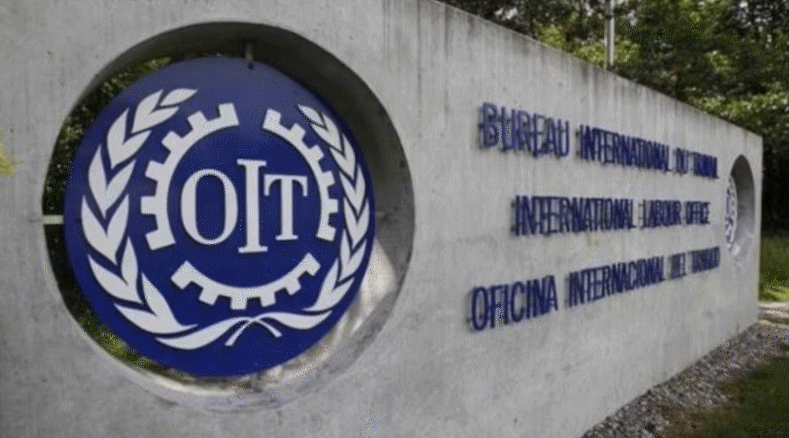
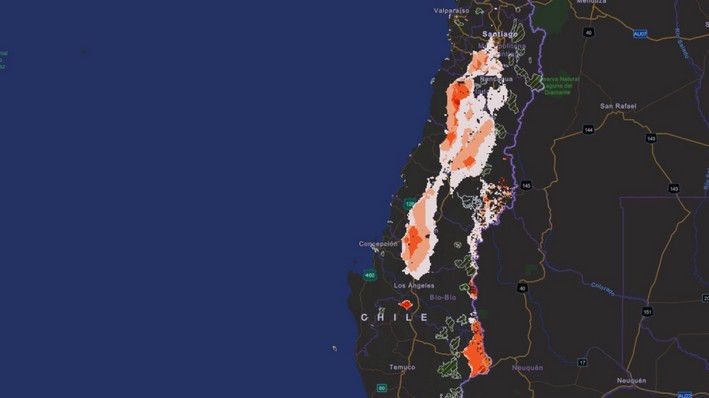
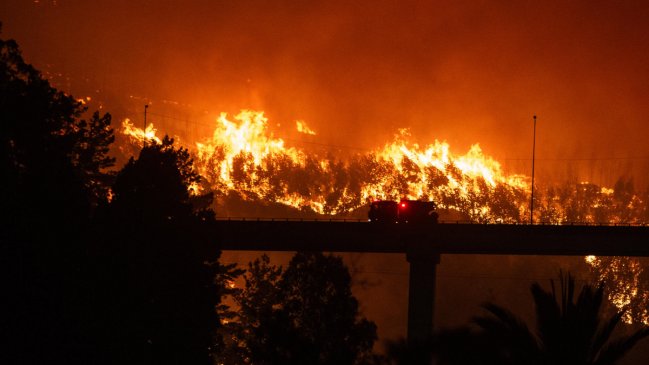
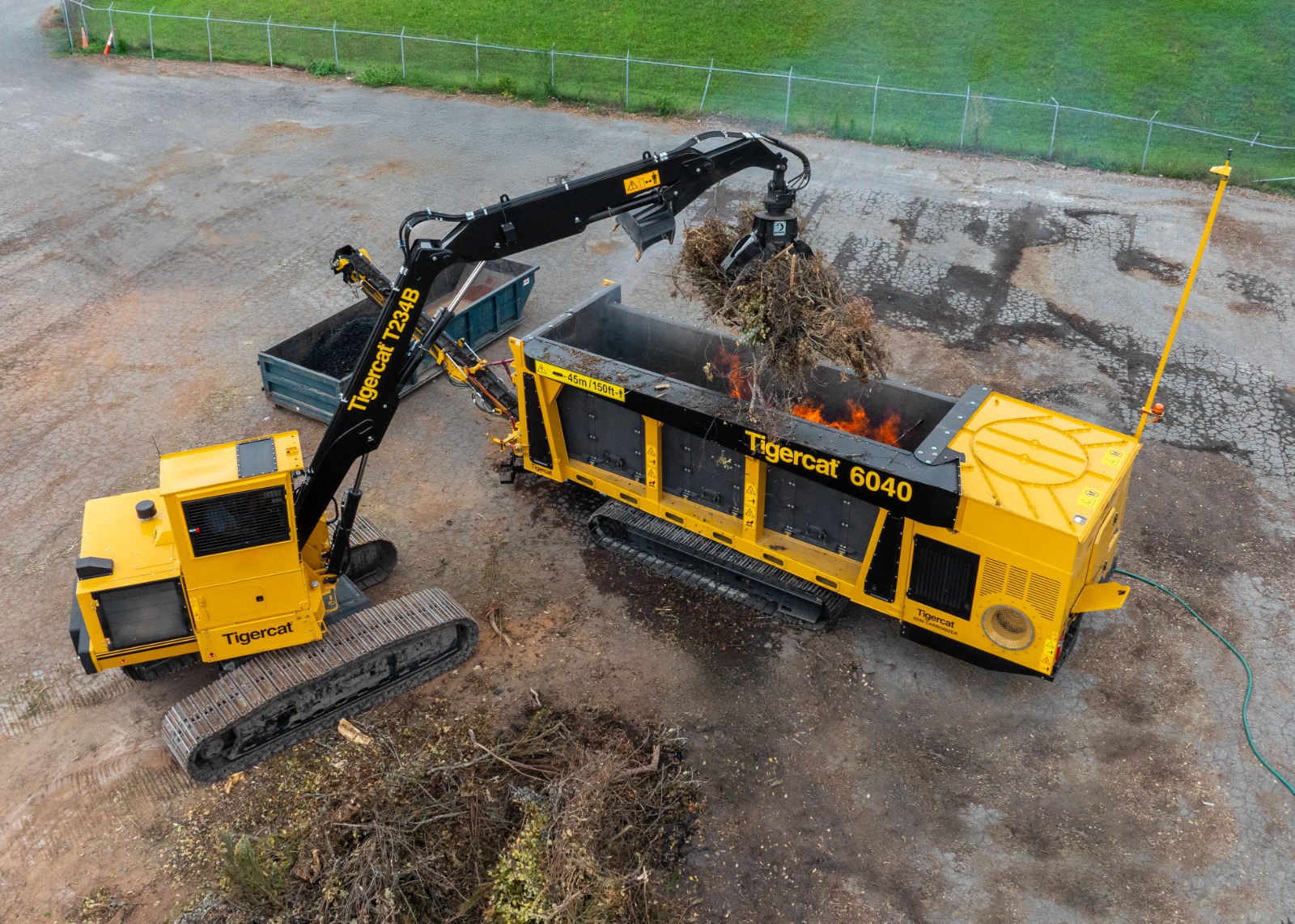
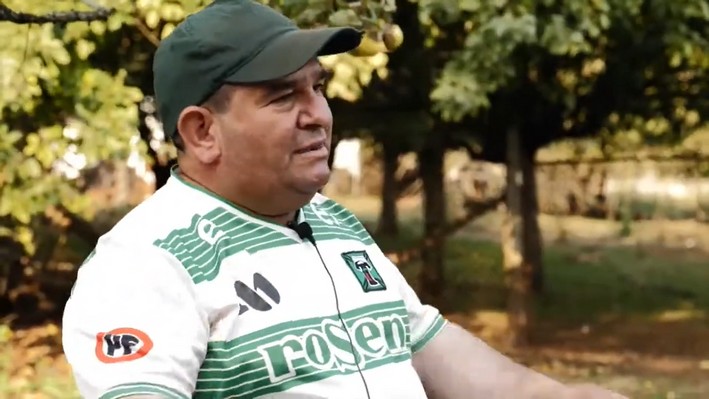
Comments (0)
No comments yet. Be the first to comment!
Leave a comment